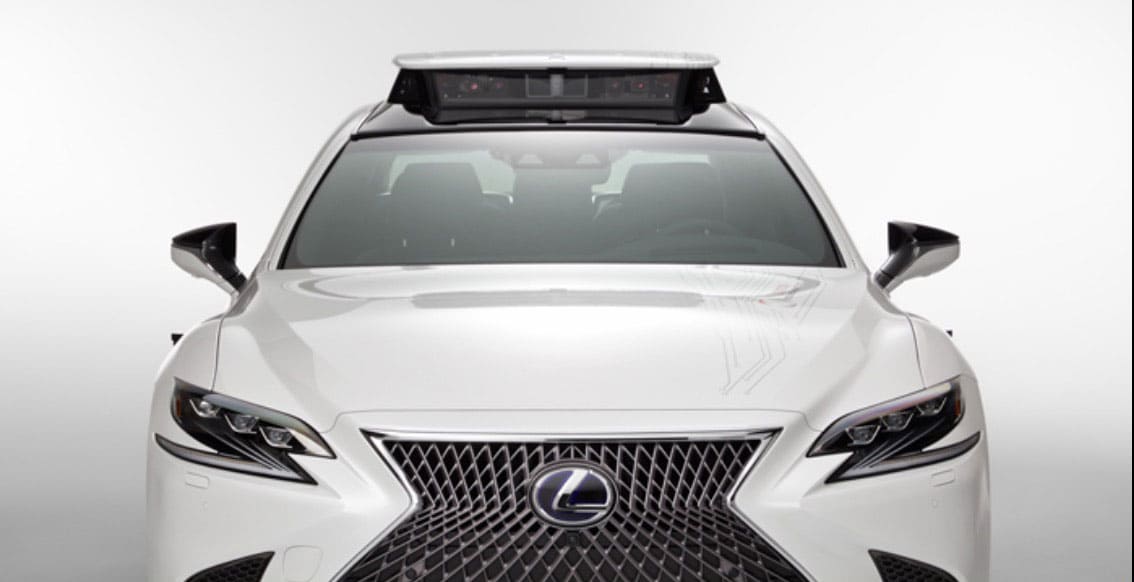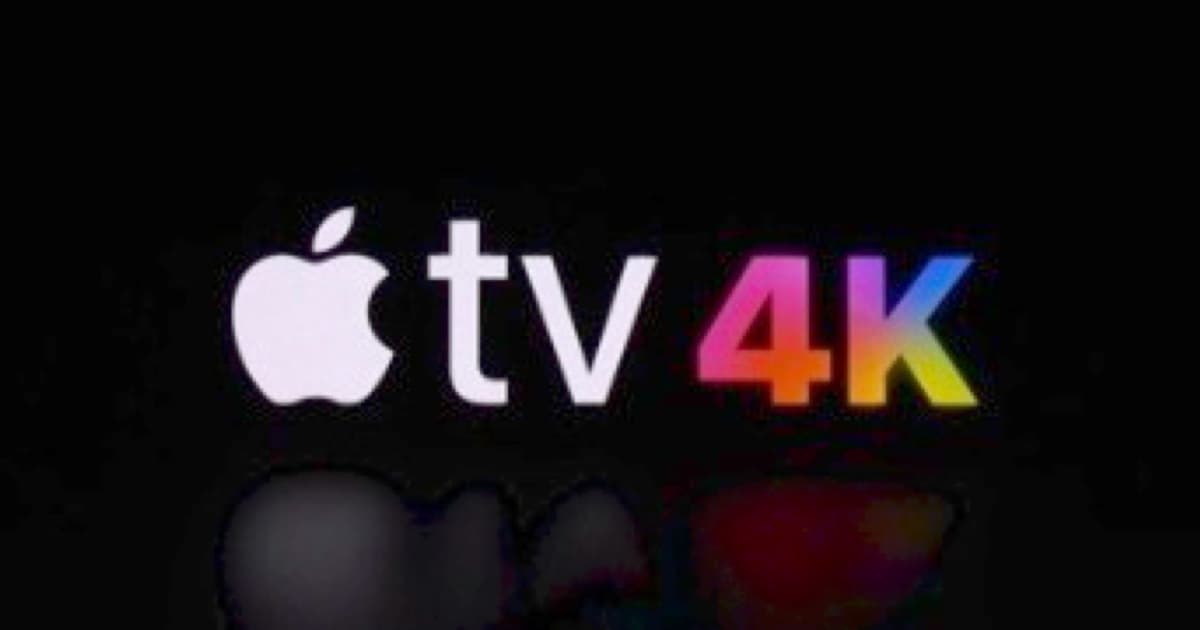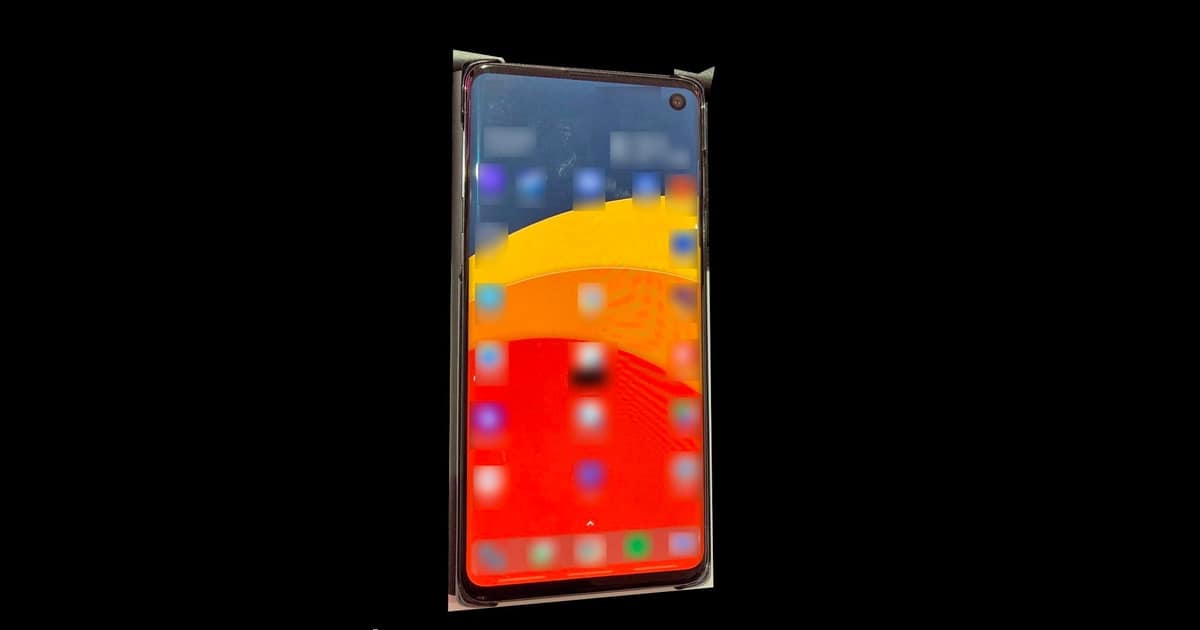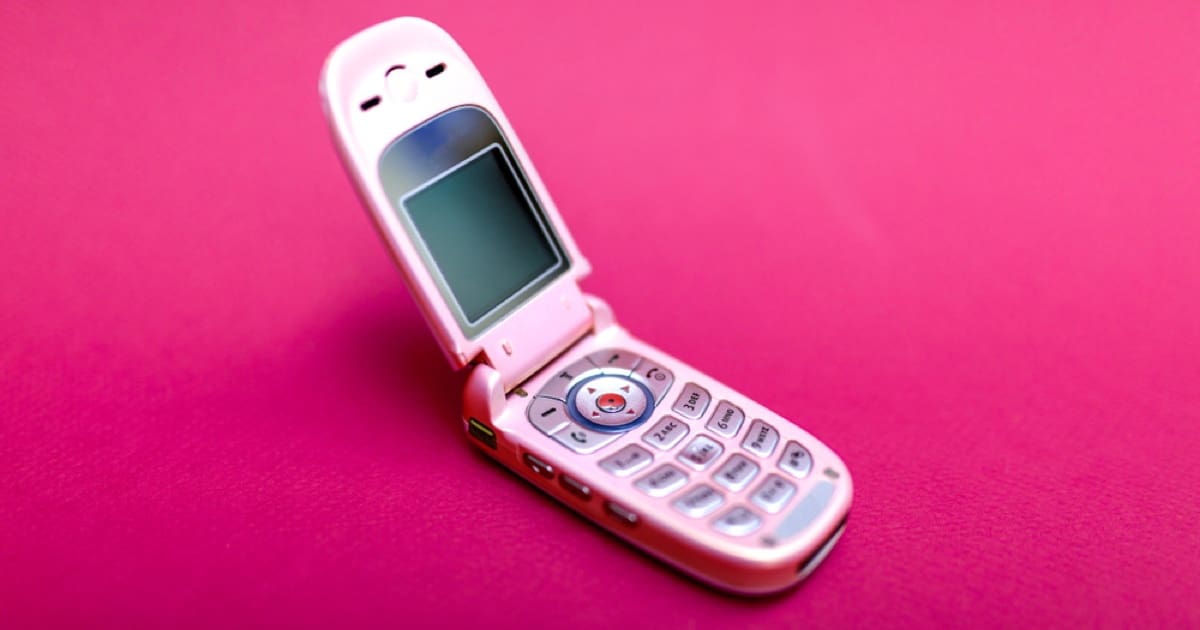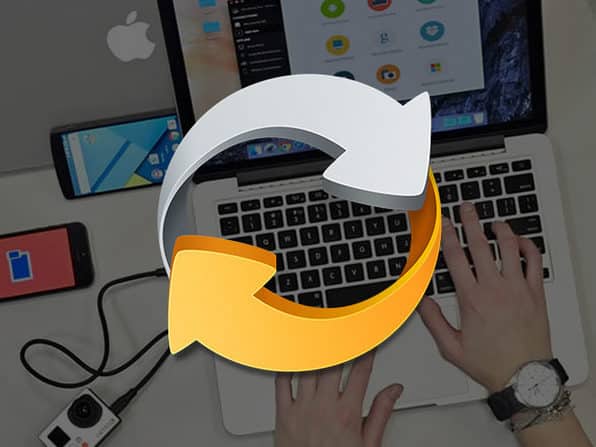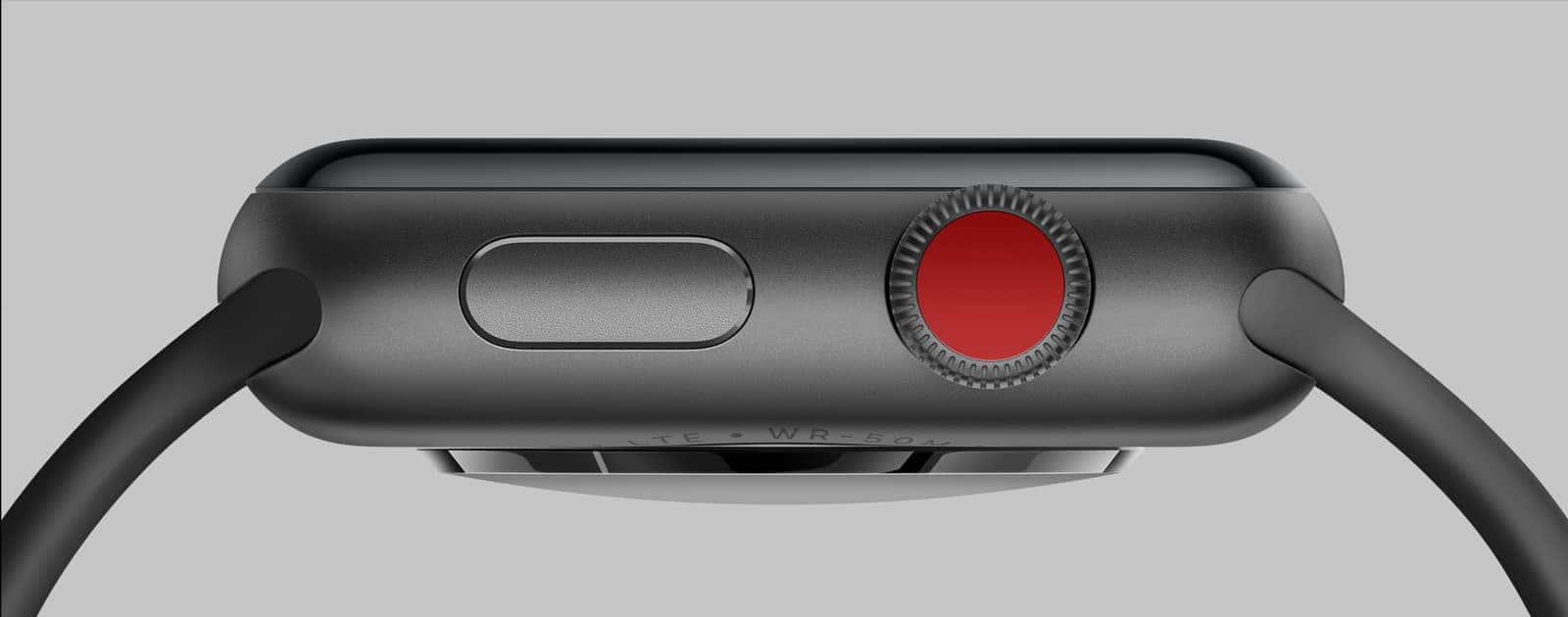Apple shared a full list of the number of AirPlay 2 TVs so far in the market. They include LG, Samsung, Sony, and Vizio TVs.
LG OLED (2019); LG NanoCell SM9X series (2019); LG NanoCell SM8X series (2019); LG UHD UM7X series (2019); Samsung QLED Series (2019 and 2018); Samsung 8 Series (2019 and 2018); Samsung 7 Series (2019 and 2018); Samsung 6 Series (2019 and 2018); Samsung 5 Series (2019 and 2018); Samsung 4 Series (2019 and 2018); Sony Z9G Series (2019); Sony A9G Series (2019); Sony X950G Series (2019); Sony X850G Series (2019 85″, 75″, 65″ and 55″ models); Vizio P-Series Quantum (2019 and 2018); Vizio P-Series (2019, 2018 and 2017); Vizio M-Series (2019, 2018 and 2017); Vizio E-Series (2019, 2018 and 2017); Vizio D-series (2019, 2018 and 2017).

